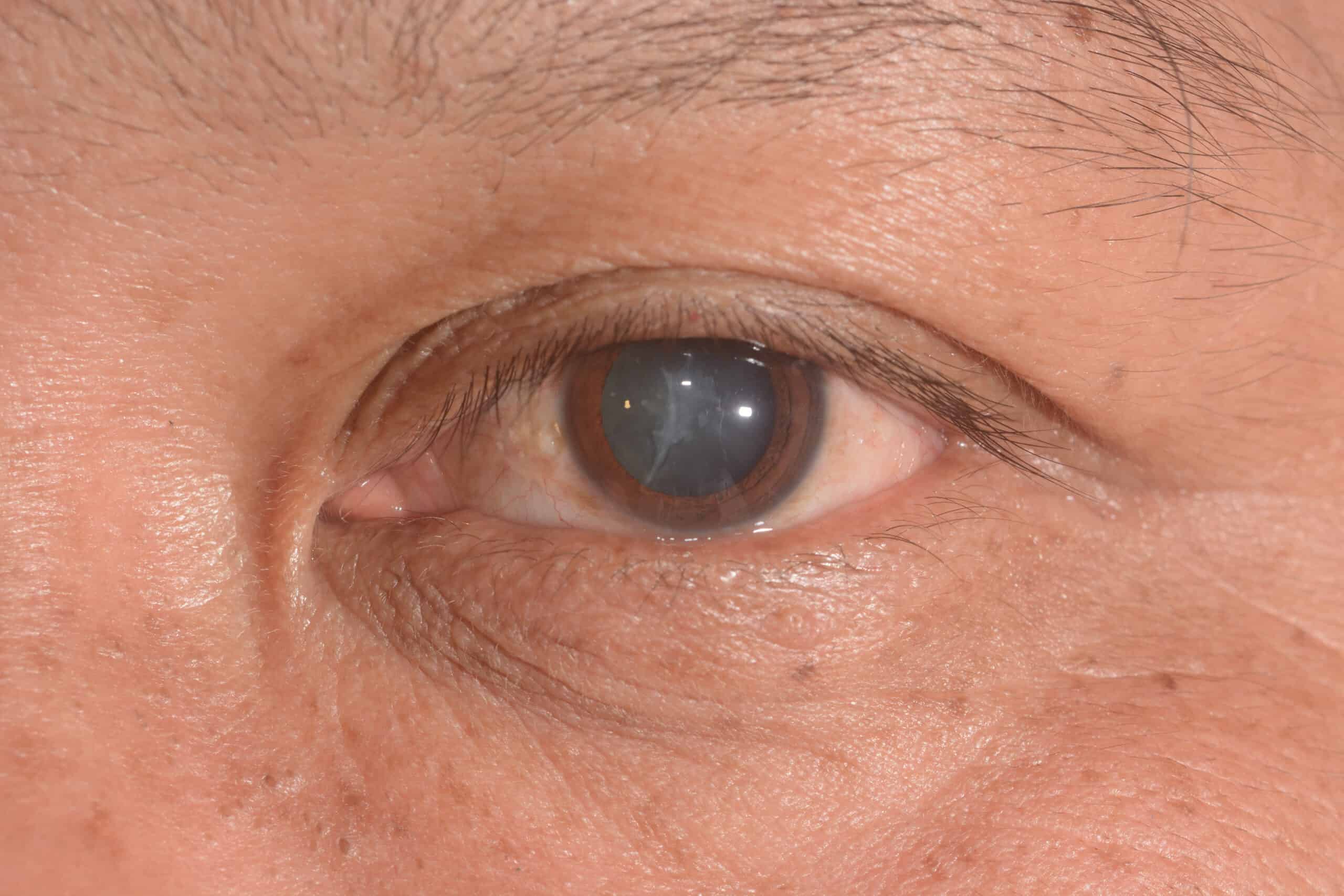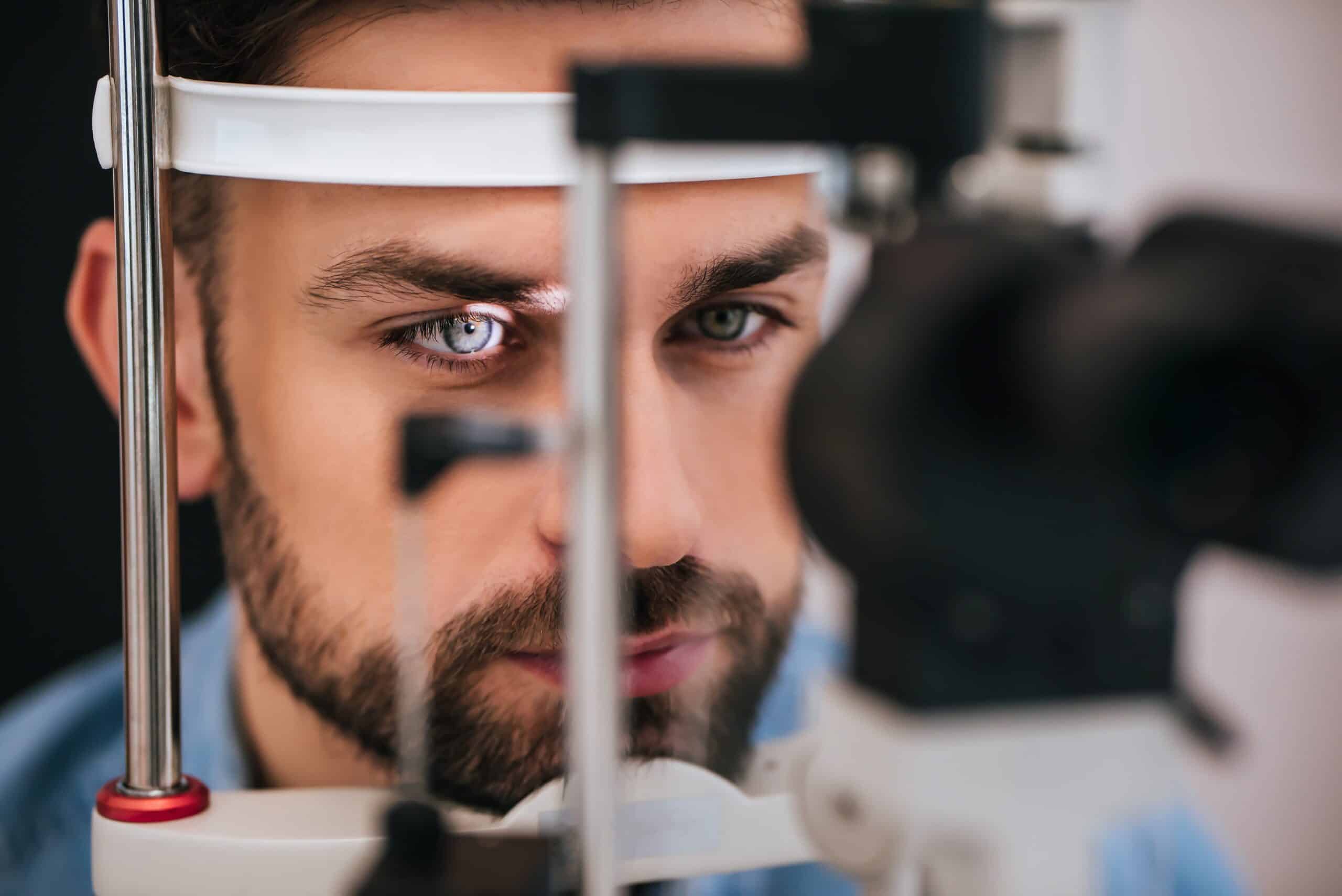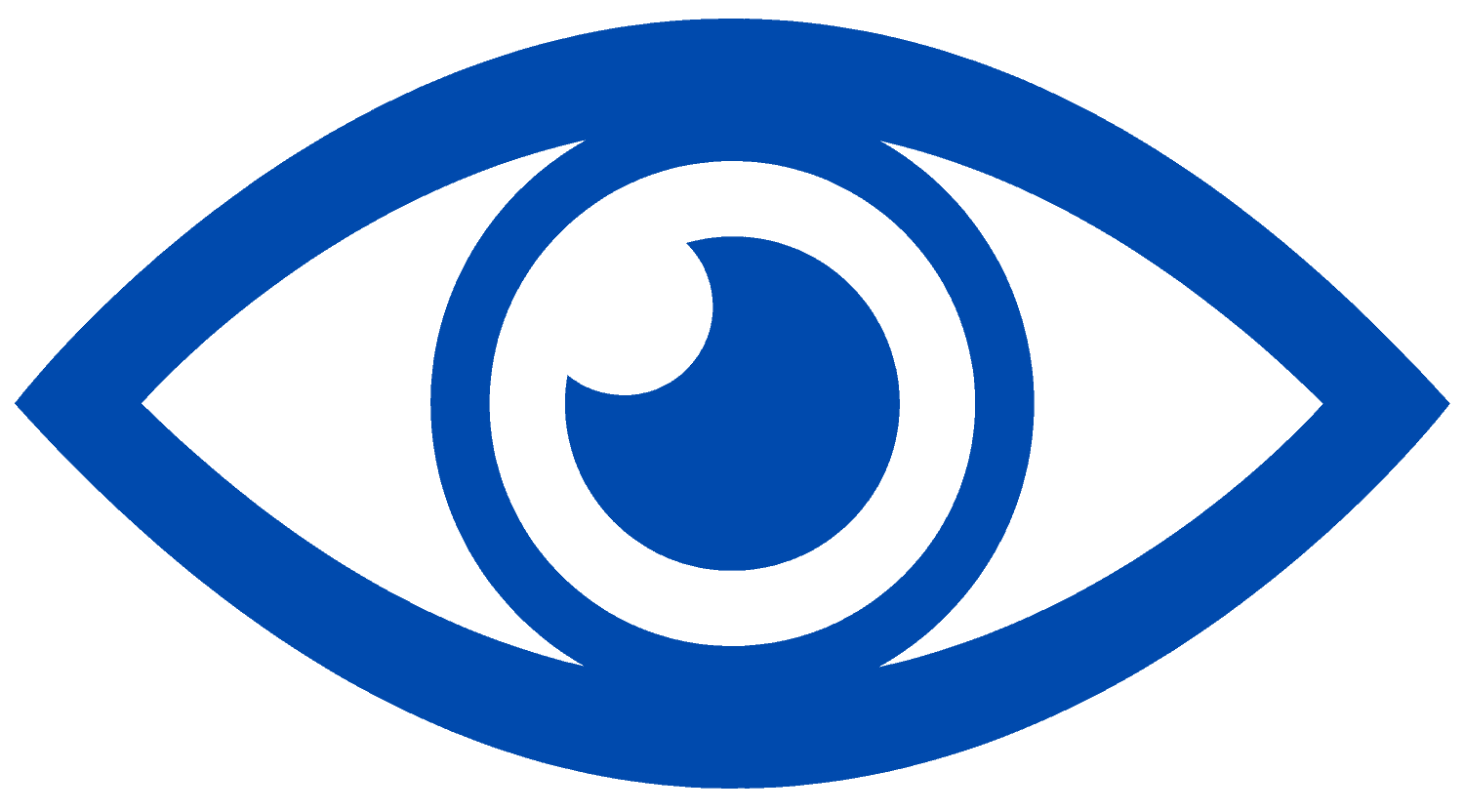Cataract Laser Surgery Brisbane
All the support you need for your Cataract Surgery Brisbane
During cataract eye surgery, we remove the cloudy lens in your eye and replace it with a clear, artificial lens, restoring your vision. Dr Geoffrey Ryan is a highly skilled cataract eye surgeon, providing a high standard of care and support through your surgical journey.
If you have cataracts that you’d like to get removed, contact Dr Ryan today to book your consultation.


Have you developed a cataract?
Developing a cataract can be a daunting time. You’ll likely have reduced or blurred vision, increased glare and sensitivity to light. You may also experience difficulty reading, driving, or undertaking other activities that require vision. Maybe you’ve already tried changing glasses and have seen no improvement, leading to frustration.
Dr Ryan's has extensive experience in varying procedures
With advanced training across cornea, refractive, and glaucoma procedures, Dr Ryan has a large focus on cataract surgery. Patients who suffer from corneal or glaucoma disease will often require a more complex surgery — Dr Ryan is a cataract specialist with experience dealing with a range of these complex procedures.
When it comes to vision correction procedures, Dr Ryan is skilled in a number of different operations. For cataracts, these include laser eye surgery and surgical removal of the cataract.


Dr Geoffrey Ryan takes the time to understand your vision needs
Cataract surgery is not “one size fits all”. Your lifestyle, your job, and your visual requirements need to be considered as we prepare for and execute your cataract procedure. Each cataract surgery we complete is tailored to the individual so we can achieve the very best outcome.
We use world-leading equipment
Consulting and operating out of the Queensland Eye Institute, we’re fortunate to have the most up-to-date technology for cataract diagnosis and cataract treatment. As part of this, we have the latest cataract scanning device from Zeiss — a world leader in cataract technology.
Zeiss has spent over 20 years perfecting this device and has performed over 150 million lens calculations. In preparation for surgery, each patient also undergoes separate measurements of the corneal surface with the corneal topographer from Pentacam. The data we collect with this state of the art equipment is used to ensure a high degree of accuracy in your surgery.


Understanding cataract surgery costs
We understand that cost is a common concern when considering cataract surgery. The final cost can vary based on several factors, including the complexity of your condition, the type of lens selected, whether you require additional procedures, and your level of private health insurance coverage.
Dr Geoffrey Ryan offers known gap cataract surgery, which means your private health insurance potentially covers cataract surgery costs, and you’ll only need to pay the gap — typically between $0 to $500, depending on your procedure and insurance plan.
In many cases, Medicare or private health insurance will partially or fully cover your cataract removal surgery. We’re committed to being transparent and will discuss all costs with you during your consultation.
Additionally, a patient with a valid pension card is entitled to:
- A full rebate on consultation fee for a cataract appointment.
- Reduced surgeon fee for the procedure.
Please contact the clinic for full details.
Every patient’s situation is unique, so we encourage you to learn more about pricing, rebates, and out-of-pocket costs in our detailed guide:
About the practice
Dr Geoffrey Ryan completes consultations from the Queensland Eye Institute in Woolloongabba. The Queensland Eye Institute is home to a number of experienced doctors and cataract specialists. As such, if Dr Ryan feels there are better-suited doctors for your situation, he’ll happily refer you on to them. Visit our locations:
QEI Woolloongabba
87 Ipswich Road, Woolloongabba, QLD 4102

Why trust Dr Geoffrey Ryan?
Tailored approach
To ensure success in your surgery, we take a tailored approach to the procedure and lens selection. We make sure that the best-suited lens technology is selected for your unique needs.
Extensive training & experience
Dr Ryan had taken the time to complete advanced surgical training at world-renowned hospitals across the globe, training under highly respected cataract eye surgeons.
Latest technology in a modern clinic
With access to the latest technology at the Queensland Eye Institute and state-of-the-art facilities, you'll receive the gold standard in cataract surgery in Brisbane.
Lens Options for Cataract Surgery

01 Monofocal
- For distance vision
- Minimal side effects
This is the most commonly selected option. It delivers excellent clear vision with minimal side effects. Patients can expect excellent distance vision, however, most people will require the use of glasses for reading and computer.

02 Bifocal Refractive
- For distance & near vision
- Reduces need for glasses
An excellent quality of distance vision with a greater amount of near vision. Most patients can carry out day-to-day activities without glasses, including reading a speedometer, menu or computer screen. For small print and prolonged near work, a person will be more comfortable wearing reading glasses. There is small risk of visual disturbances such as glare and haloes.

03 Extended depth of field
- Extends focus of vision
- For distance & intermediate vision
Instead of targeting fixed points, this lens technology extends the focus of vision. This will give distance and intermediate vision. Just like all lenses that deliver multi-focality, the risk of visual phenomena (glare and haloes) is present with these lenses.

04 Trifocal
- Avoid wearing glasses
- For distance, intermediate and near vision
This option is best suited to patients with a strong desire to avoid wearing glasses. This lens gives the best range of vision including distance, intermediate and near. These carry a higher risk of visual phenomena (glare and haloes). This often reduces with time as a person adapts to the lens.
What Our Patients Say
We’re proud to have helped hundreds of patients regain their vision and confidence through cataract surgery. Here’s what a few of them had to say:
Patient Information & Forms
Find everything you need ahead of your consultation or operation via our Patient Information page.
Find everything you need on our Patient Information page.

Important things to know
Here are a few things to keep in mind before your cataract surgery:
Don’t worry — you don’t have to remember all of this. You will be provided with a detailed handout with all the aftercare information following your surgery.
You will need to cease wearing contact lenses two weeks prior to your initial appointment to ensure accuracy in your cataract scans.
Bring your latest glasses along to your appointment, as this allows us to get an accurate idea of your current vision.
To receive your Medicare rebate in a timely manner, you’ll need to obtain a referral from your GP or optometrist.
Cataract surgery has minimal downtime. Most patients are driving and back at work within three days of their surgery.
You will be provided with eye drops from Dr Ryan to use after your operation.
Our Cataract FAQs
Having a cataract can be a little daunting and can come with many different questions. Below, we’ve compiled a selection of frequently asked questions to help you through this time.
Working out of Queensland Eye Institute, Dr Ryan ensures the highest level of care and safety for all patients. Each cataract surgery performed is tailored to the individual to provide specialised care and optimal results. Before you undergo surgery, we’ll take the time to explain the procedure to help reduce any anxieties you may have about the operation.
The exact price of your cataract surgery will depend on a number of factors, including the type of operation you undergo and the severity of your cataracts. Dr Geoffrey Ryan offers known gap cataract surgery. This option means that a patient’s private insurance covers the majority and the patient only needs to contribute a maximum of $500 to the procedure. Dr Ryan always strives to be transparent, and is more than happy to answer any questions patients may have regarding fees.
The most common type of cataract is age-related. As a child, the natural lens in the eye is clear and allows perfect transmission of light to the back of the eye for vision. As we age, the lens becomes cloudy and disrupts this transmission of light. This results in reduced visual quality and in many cases, glare from light sources.
There are different approaches to cataract surgery. However, cataracts are very common. The most common form of cataract surgery involves making a small incision in the eye, followed by a process called “phacoemulsification”, often shortened to “phaco”.
This technique uses ultrasound to soften the lens, which is then broken up and flushed out using fine instruments and special fluids. A clear artificial lens (intraocular lens implant or IOL), made of a plastic-like material is placed inside the eye. The back membrane of the lens (capsule) is left behind and this holds the artificial lens in place.
Most operations used to treat cataracts are performed under local anaesthetic and sedation. The eye is numbed with eye drops and in some cases, an injection around the outside of the eye is also administered. An anaesthetist will also give you sedating medication to reduce any anxiety or awareness of the procedure.
The lens we select together for your operation will be tailored to your eye and visual requirements. Using the latest technology, we take precise measurements of your eye, including the length of your eye, the shape of the front surface of the eye, and the position of your current lens. The next step is to understand your visual needs. These include your occupation, hobbies and day to day life. Dr Ryan can discuss a lens that is best suited to your eye and visual requirements.
Cataracts Blog Posts
A higher standard of care for eye conditions.
Interested to learn more about cataract removal surgery in Brisbane? Get in touch with Dr Geoffrey Ryan to begin your journey. Book your appointment below or call our office to schedule your consultation. Our friendly team is always happy to answer any questions you may have about your cataracts or cataract eye surgery.
Call us on (07) 3239 5000 or complete our simple online form to book your appointment for cataract surgery Brisbane.
Or call us on (07) 3239 5000



